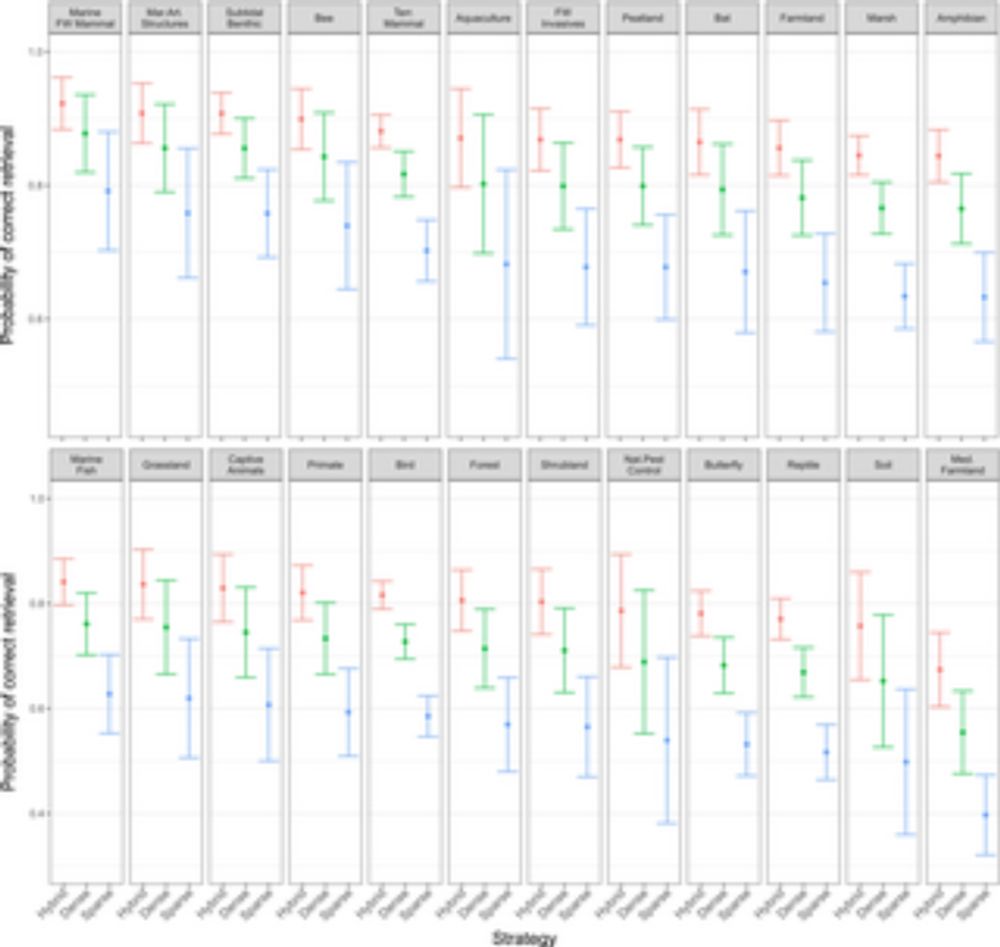

I am looking for a passionate and hard-working PhD student to work in southern Africa on experimental defaunation and rewilding of megafauna. See the link below for more information:
@camzoology.bsky.social @conservation.cam.ac.uk
I am looking for a passionate and hard-working PhD student to work in southern Africa on experimental defaunation and rewilding of megafauna. See the link below for more information:
@camzoology.bsky.social @conservation.cam.ac.uk
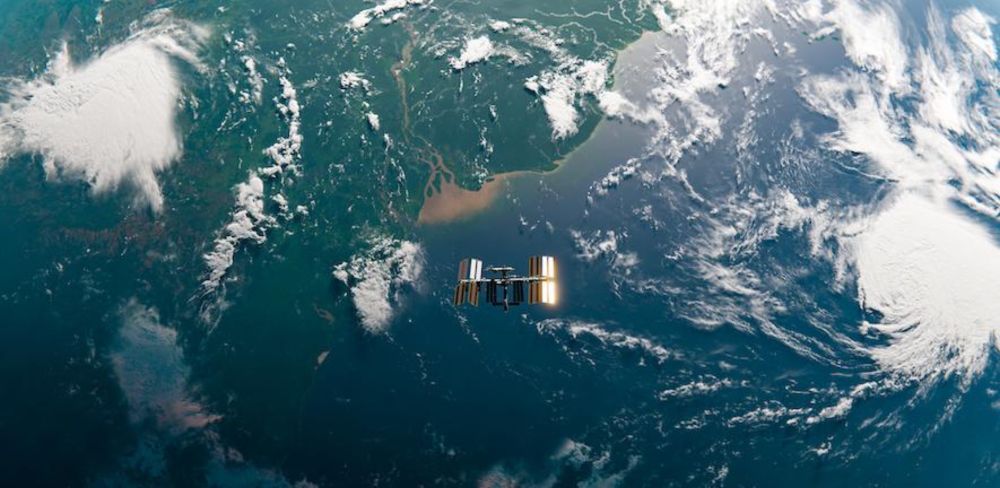




Working with @anil.recoil.org, @fletcherecology.bsky.social and @milindtambe-ai.bsky.social, he is developing models to help rangers patrol effectively.
Find out more: bit.ly/4mMs3Av

Working with @anil.recoil.org, @fletcherecology.bsky.social and @milindtambe-ai.bsky.social, he is developing models to help rangers patrol effectively.
Find out more: bit.ly/4mMs3Av

Read here: bit.ly/460RB7R

Read here: bit.ly/460RB7R
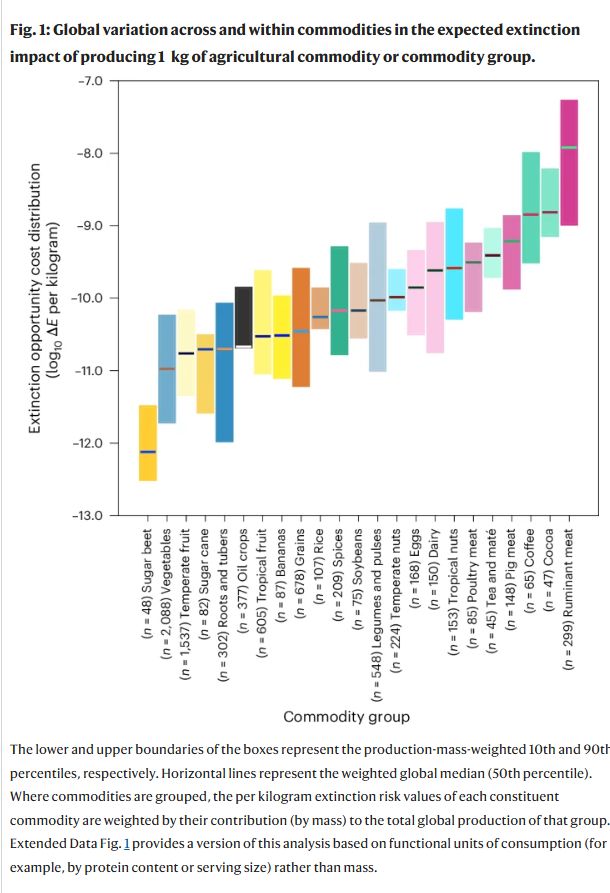

Steps towards an Ecology for the Internet | Proceedings of the sixth decennial Aarhus conference: Computing X Crisis dl.acm.org/doi/10.1145/...

Steps towards an Ecology for the Internet | Proceedings of the sixth decennial Aarhus conference: Computing X Crisis dl.acm.org/doi/10.1145/...
@sccscambridge.bsky.social @camzoology.bsky.social @conservation.cam.ac.uk
For more information, see:
www.sccs-cam.org
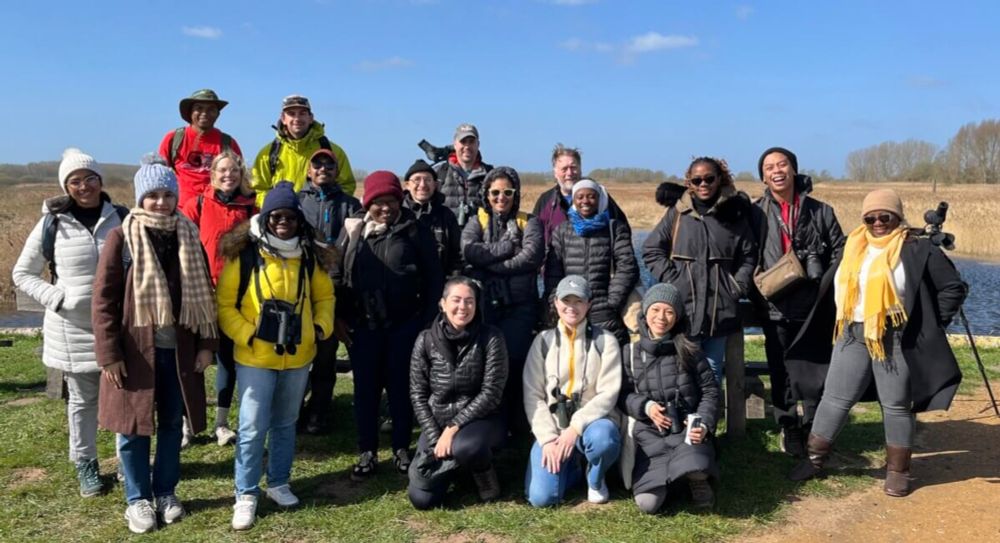
@sccscambridge.bsky.social @camzoology.bsky.social @conservation.cam.ac.uk
For more information, see:
www.sccs-cam.org
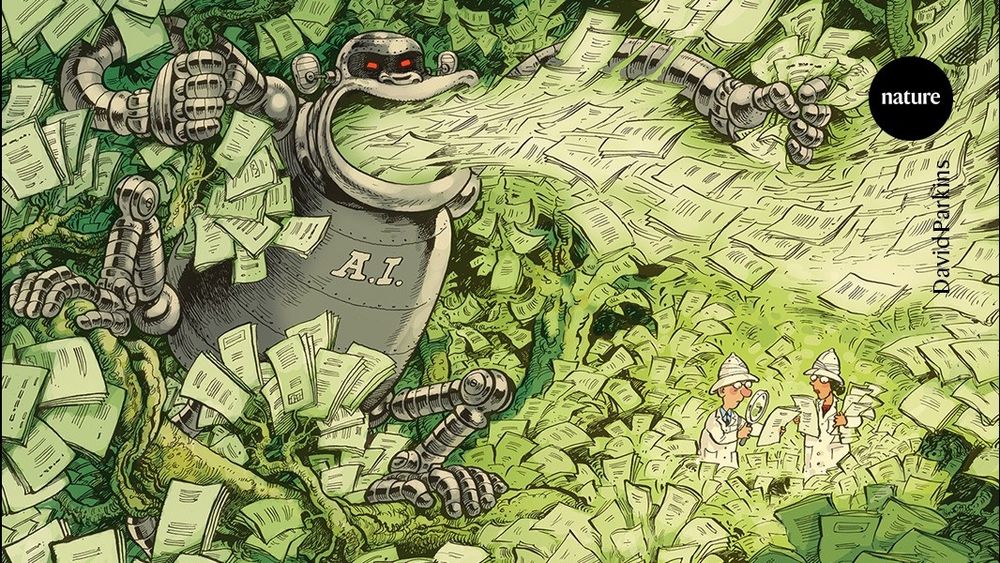

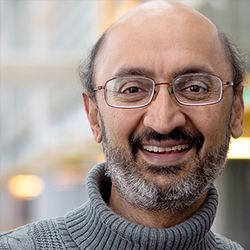
@royalsociety.org scientific meeting on measuring global biodiversity anil.recoil.org/notes/nas-rs... 🧪🌍

@royalsociety.org scientific meeting on measuring global biodiversity anil.recoil.org/notes/nas-rs... 🧪🌍
journals.plos.org/plosone/arti...

journals.plos.org/plosone/arti...
